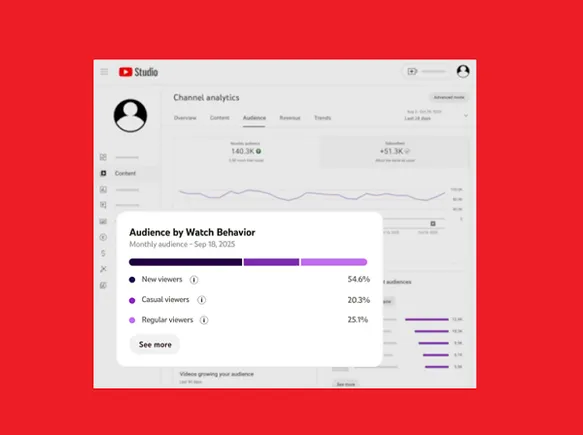‘Tourists stay away’ – so warns the ruling party of failed-state Britain
The Man Who Pays His Way: Inbound tourism is the closest that any location can get to free money


Sign up to Simon Calder’s free travel email for expert advice and money-saving discounts
Get Simon Calder’s Travel email
Disdain for tourists has never been stronger among European nations. Amsterdam has launched a campaign to deter overindulgent visitors. Next month, opposition intensifies in Spain and Italy. Activists in the Canary Islands will stage a huge demonstration in Santa Cruz, the capital of Tenerife, saying they are “overwhelmed” by tourism. And from May, Venice starts testing a day charge for tourists of €5 on peak dates in spring and summer.
The UK is going one better. As English Tourism Week 2024 ended last week, the governing party embarked on a campaign to frighten away prospective visitors.
London is the main gateway for most incoming tourists and by far the biggest single draw to Britain. Westminster, where Conservative Campaign Headquarters is located, is usually busy with overseas visitors. Enough is enough, the party bosses appear to have concluded. Time to put some messaging out to scare them off.
The capital, according to the Conservatives’ new social media campaign, “has become a crime capital of the world”.
A video put out by the ruling party paints a chilling picture of the city: “Gripped by the tendrils of rising crime, London’s citizens stay inside. The streets are quiet. Quieter at night now than they used to be.”
Who is responsible for this alarming state of affairs? The Labour Party, apparently.
The video warns: “A 54 per cent increase in knife crime since the Labour mayor seized power has the metropolis teetering on the brink of chaos.
“For people living life under Labour, like the citizens of London, the scales of justice remain tipped in favour of the darkness.”
The nation’s other big cities should also be given a wide berth, according to the Conservatives. The ruling party warns of “rotting rubbish” and “boarded-up buildings” in Birmingham.
Further north, anyone contemplating a trip to Manchester should know it has been branded “the worst city in Europe for eco-friendly transport”. It has, the Conservatives say: “Almost no electric shared cars, negligible electric buses, poor charging infrastructure and hardly anyone even has a pushbike.”
The UK, then, looks well on the way to being a failed state, and well worth avoiding. Surely it can’t be that, with local and national elections approaching, the ruling party will say anything to try to win votes – regardless of the economic consequences and damage to our reputation?
“Have you utterly lost the plot?” So asks London’s tourism recovery board co-chair Bernard Donoghue. “This is a wonderful way to mark the end of English Tourism Week,” he continues. “These reckless, alarming, scaremongering lies and trashing of London – we depend on domestic and overseas visitors – is appalling.”
Inbound tourism is the closest that any country, or city, can get to free money. But the government gives the impression of doing all it can to discourage visitors.
The campaign against overseas tourists began in October 2021, when the then-home secretary Priti Patel banned what she called “the use of insecure ID cards for people to enter our country”. This prohibition disenfranchises more than 200 million European Union citizens who have ID cards but not passports from visiting the UK.
The ban has been remarkably successful. The previously healthy inbound tourism from groups of EU schoolchildren, many attending language schools on the south coast, is all but destroyed. Patricia Yates, chief executive of VisitBritain, told MPs: “You will find destinations like Hastings absolutely decimated by a lack of school visits.”
Careful what you say though: the Conservatives might add the Sussex seaside resort to its list of places to avoid.
“Hastings: absolutely decimated.” That’s one way to stop an invasion.
Simon Calder, also known as The Man Who Pays His Way, has been writing about travel for The Independent since 1994. In his weekly opinion column, he explores a key travel issue – and what it means for you.

 Lynk
Lynk 
































